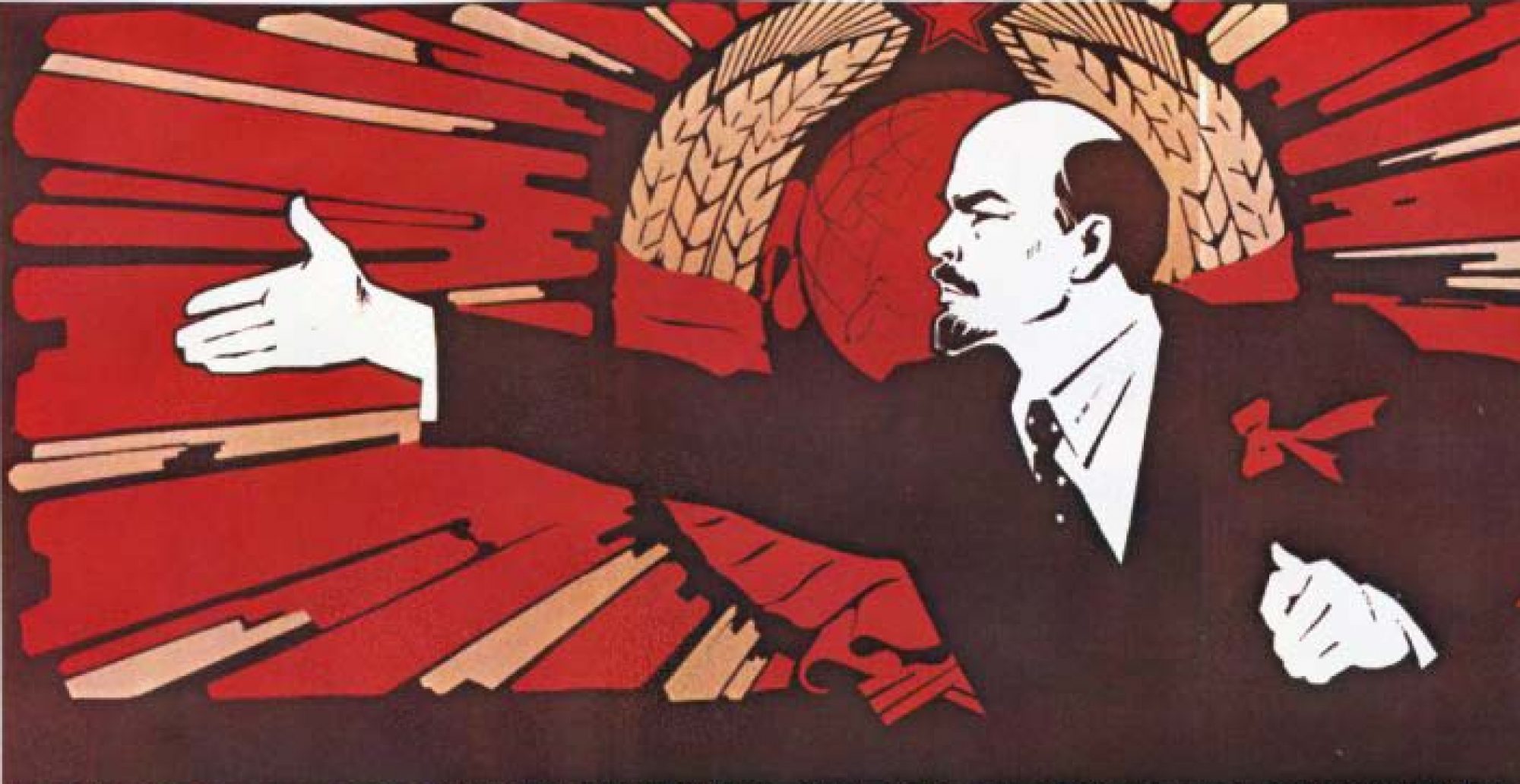In his book “Behind the Urals”, John Scott describes the daily life of the working class in post-Bolshevik Revolutionary Russia (1933) in the town of Magnitogorsk. Scott’s descriptive narrative of people, places, and events allows the reader to emotionally understand the hardships that workers faced because of a lack of regulation, or in general, care for the workplace environment. When discussing the need for worker’s to have better clothing in the harsh Russian winters, Scott explains that “If there were no boots, then what could one do?” (Scott 29). The workers were well aware of their unsafe reality, and this narrative explores the true conditions that these people were forced to live through. Although this reality was clearly inhumane, the workers themselves seemed to succumb to these conditions and did not stir up immense revolts in order to achieve change. When talking about shop committees, which were theoretically designed to enforce workplace regulations, Scott says that “the reasons why the workers did not come to the meeting were pretty obvious to anyone who was looking for them. In the first place, the shop committee was almost dead. It did nothing to help defend workers against bureaucratic and over-enthusiastic administrators, and to assure the enforcement of the labor laws” (Scott 35). Enforcing proper conduct was not upheld by leaders, and only small fractions of workers attended these meetings to enhance the assurance of safer conditions. With this in mind, how do you think the Russian working class managed to stay on task at their jobs? Why was their such little anger towards lack of regulation right after the Bolshevik take over? How would you be able to convince yourself that what you are doing will pay off? How would you remain hopeful without the excitement of a real revolution?

Russia, the Soviet Union, and the CIS (HIS240 S20)
Revolution and its evolution!
I think that one thing that is important to keep in mind while reading this excerpt and answering these questions is that John Scott was an American that came to Russia due to his lack of confidence in capitalism. I feel like he as well as the native Russians had been convinced that the opposite style of government was inefficient. This idea would be reinforced by the ubiquity of the socialist mindset through propaganda and the hope that the “true proletariat” would be achieved. My thought is that the workers were able to do what they did because they were not only fed up with the previous forms of government, but they were constantly filled with hope by the leaders of the party and, in a way, brainwashed.
I believe the workers may have been able to keep on task/ job due to comradery they created among with one another while working the jobs. Through out the section we read, even though Jack/ John was a foreigner and some broken Russian, the other men still included him and made an effort to include him. Therefore, while working the workers essentially had time to talk and “have fun.” Whatever fun would be in this case. Regarding the little anger towards the Bolsheviks, I think the workers weren’t angry because many of them needed a job in the new town and needed the job to have food and money to survive. In my opinion, the pay off is the food and money which if you came from nothing is a great deal.